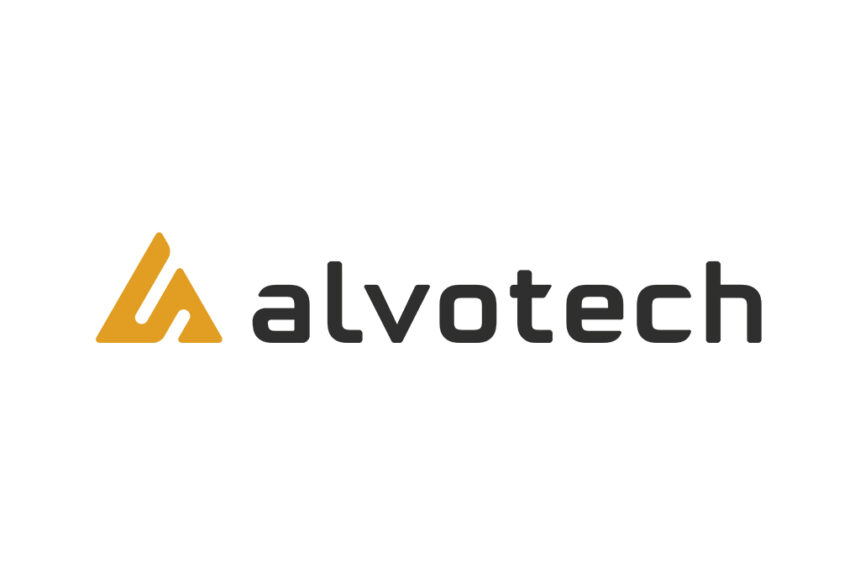Iceland-based Alvotech hopes to launch biosimilars for top-selling immunology medicines, but repeated manufacturing missteps at its Reykjavik plant have delayed that plan.
The latest such setback was disclosed by the firm Thursday, with the announcement that its biosimilar candidate to Johnson & Johnson immunology blockbuster Stelara (AVT04) was rejected by the Food and Drug Administration due to shortfalls found during a March inspection of the facility.
As the complete response letter (CRL) made clear, those concerns had not been adequately addressed. Until they are, the application is being held up, Alvotech said. It noted that the agency noted no other deficiencies.
The company said it intends to resubmit the biologics license application (BLA) for AVT04 to the FDA “shortly,” likely triggering a six-month review period and a new decision date.
The news comes on the heels of Stelara’s loss of exclusivity (LOE) in the U.S. last month. Alvotech and partner Teva reached a settlement with J&J on the intellectual property for the brand, which generated $9.7 billion in revenue last year. Amgen, which reached its own settlement, is expected to launch its Stelara biosimilar in the U.S. on January 1, 2025, with Alvotech’s eligible to launch a month later.
AVT04 isn’t the only one of Alvotech’s pipeline assets to run into a regulatory snafu. Its high-concentration biosimilar of AbbVie’s Humira, AVT02, was rebuffed by the FDA three times. The most recent rejection came in June, also due to problems at the Reykjavik manufacturing facility.
It’s been a banner year for Humira biosimilars. Since the megablockbuster for rheumatoid arthritis and other autoimmune diseases lost patent protection this year, nine Humira knockoffs have hit the market in the U.S.
AVT02 should have been the 10th biosimilar vying for Humira’s billions. But Alvotech’s June CRL, which followed rejections in September 2022 and April 2023, required resubmission of a new BLA, including data supporting an interchangeability designation, triggering a six-month review period and a new FDA decision date.
AVT02 is approved in several countries globally, including the 27 member states of the EU, as well as Norway, Lichtenstein, Iceland, the U.K., Switzerland, Canada, Australia and Saudi Arabia. It’s even being marketed in a few of those markets.
With no products in the all-important U.S. market yet, though, the regulatory delays are exacting a financial toll on Alvotech. The company noted that it needed to explore options to raise additional capital in order to continue advancing its pipeline of seven disclosed and three undisclosed biosimilar candidates.
Those options include, but are not limited to, equity financing, sale of convertible bonds or other forms of debt financing. ATP Holdings, Alvotech’s largest shareholder, agreed to toss in $100 million in proceeds from potential financing.
In the wake of the rejections, the company has shaken up its operations team. Following resubmission of the BLA for AVT02 last month, Faysal Kalmoua was appointed COO after his predecessor Hafrun Fridriksdottir stepped down.
The company also has a relatively new chief quality officer. Sarah Tanksley took over the position a year ago from Reem Malki, who departed the company citing personal reasons.







